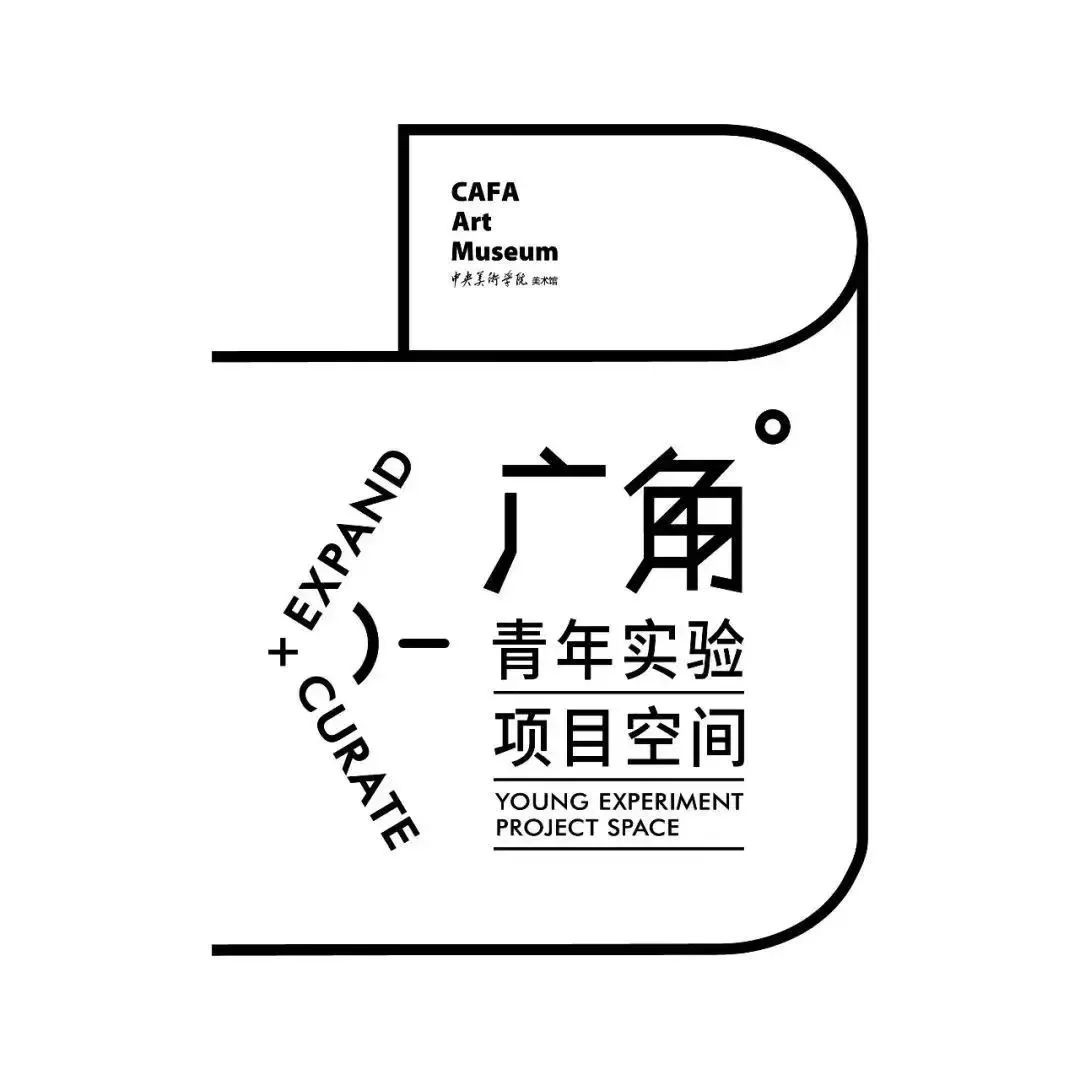

Young Experiment Project Space
Sponsor
CAFA Art Museum
"Wide Angle ° Young Experiment Project Space" was launched at the beginning of 2022. Adhering to the concept of promoting the multi-dimensional exploration of curatorial and creative work by young teachers of the Central Academy of Fine Arts, the museum's independent space on the second floor and a half of the museum has become a piece of experimental field for young teachers to create, research and plan exhibitions. At present, we have completed the collection and selection of the three phases of the program (eighteen exhibition programs have been selected).
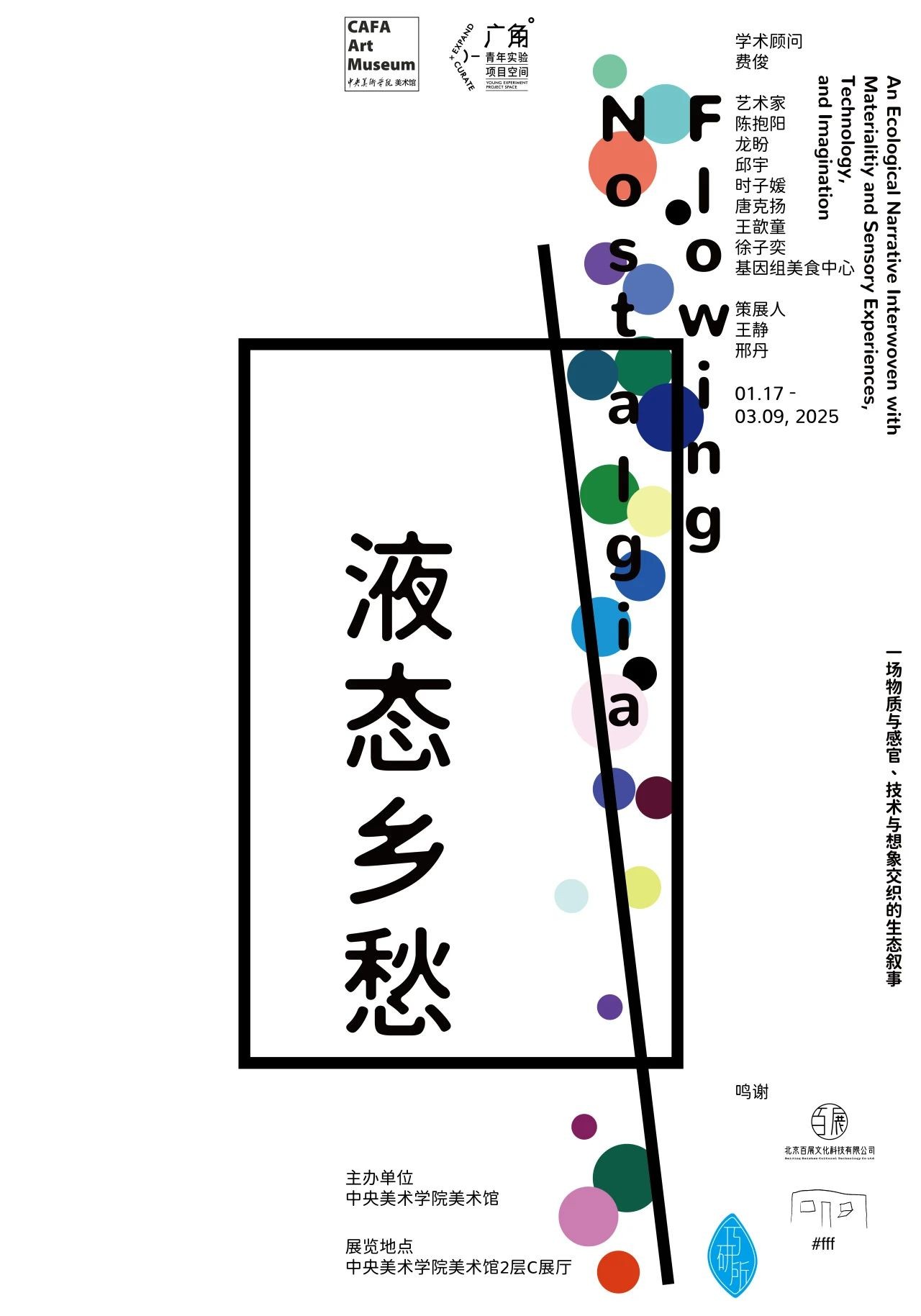
Flowing Nostalgia——An Ecological Narrative Interwoven With Materiality and SensoryExperiences,Technology and Imagination
Exhibition time: January 17 - March 9, 2025
Exhibition Venue: Exhibition Hall C, 2nd Floor, Art Museum of the Central Academy of Fine Arts
Academic adviser: Fei Jun
Artists: Chen Huoyang, Long Pan, Qiu Yu, Shi Ziyuan, Tang Keyang, Wang Xintong, Xu Ziyi, Genome Gourmet Center (Norway, USA)
Curator: Wang Jing, Xing Dan
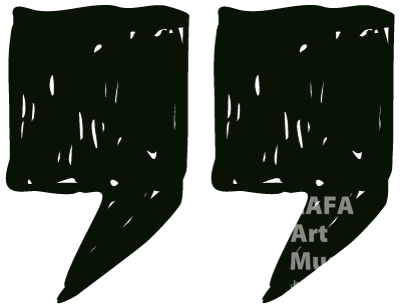
The fourth exhibition of the third phase of "Wide Angle ° Young Experiment Project Space" , "Flowing Nostalgia——An Ecological Narrative Interwoven With Materiality and SensoryExperiences,Technology and Imagination", will be held on January 17th at CAFA Art Museum. The exhibition has Professor Fei Jun as the academic consultant. It is curated by Wang Jing and Xing Dan. Artists including Chen Baoyang, Long Pan, Qiu Yu, Shi Ziyuan, Tang Keyang, Wang Xintong, Xu Ziyi, and the Genomic Gastronomy Center (Norway, US) participate in the exhibition.
The term "hometown" applies to everyone, yet each person's perception of their hometown is unique. The Chinese refer to the longing for their hometown and native land as "nostalgia for the homeland". This deep - seated local complex may be manifested in a preference for certain foods, in memories evoked by a particular sound, or in the pursuit of the traces left by ancestors within one's body. Through the interaction between materials and physical senses, the exhibition attempts to present the overlapping of time and space interwoven by nostalgia. Amid the encounters of various conceptions of hometowns, nostalgia is fluid, seeping into the creations of each artist unconsciously. As a creative emotion, nostalgia can be a constantly changing situation.
Artists embark on their respective explorations through installations, videos, and technological means, presenting the connections among memory, perception, and native land. Nostalgia becomes a kind of nourishment and a background color, permeating the works of each individual. Young artists explore the future amidst the shifting nostalgia. The intricate ties with the past and their hometowns, within the folds of time, turn into a reflection towards the future.
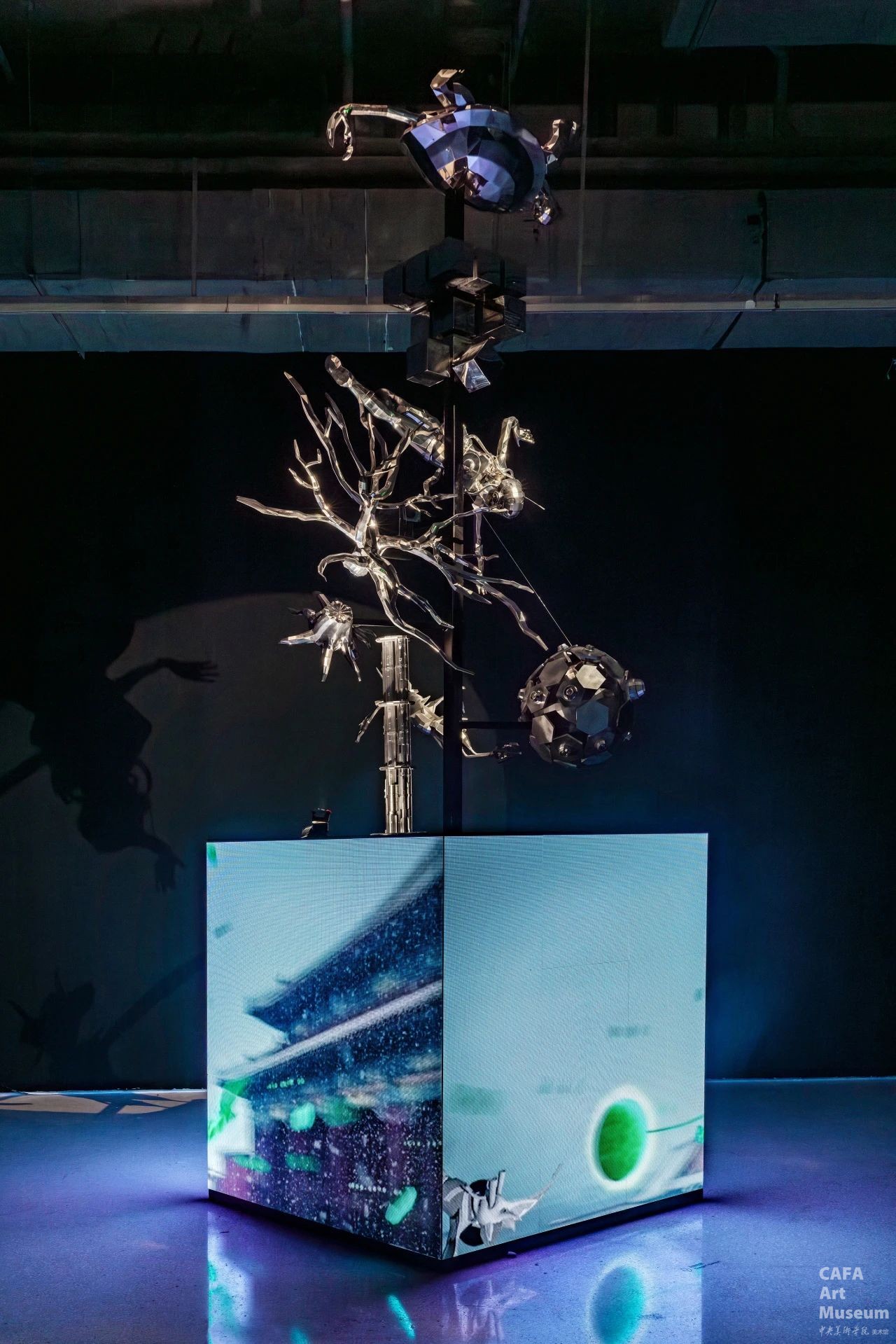
Chen Baoyang, "What Hasn't Been Falsified Is Science", 2021
Chen Baoyang combines the emotion of "nostalgia" into augmented reality (AR) works, overlapping the imaginary world recorded in ancient classics with contemporary reality, and exploring the rich present with imagination to express his imagination of his hometown. People, non-people, technology, gods, under the forest, on the clouds, the future and the deep world are all entangled in the "Shenchuan". "Shenchuan" was once the embodiment of the gods in people's hearts, and the world of gods that cannot be disturbed is now hiding in bursts of explosions. Whether the Mountain God had escaped, transforming into electrical equipment with the ore, or diving deeper into the earth was still unknown. Through the perspective of mushrooms, Long Pan reveals the relationship between people, technology and forests entangled with it, and starts thinking about how to build a coexisting future as planetary life. Qiu Yu's works start from the memory and experience of his hometown, and pay attention to the balcony as a living landscape presented to the outside world. Balcony is a boundary of architecture and the connection between individuals and society. The balcony gives people an experimental field full of imagination and infinite possibilities, like a living laboratory. This experience stems from the accumulation of daily knowledge and long-term life inheritance. Technology, nature, and all kinds of hidden forces gather here. Since we can't retreat to the wilderness, the balcony, a place where culture and nature connect, carries our infinite imagination of the future ecology.
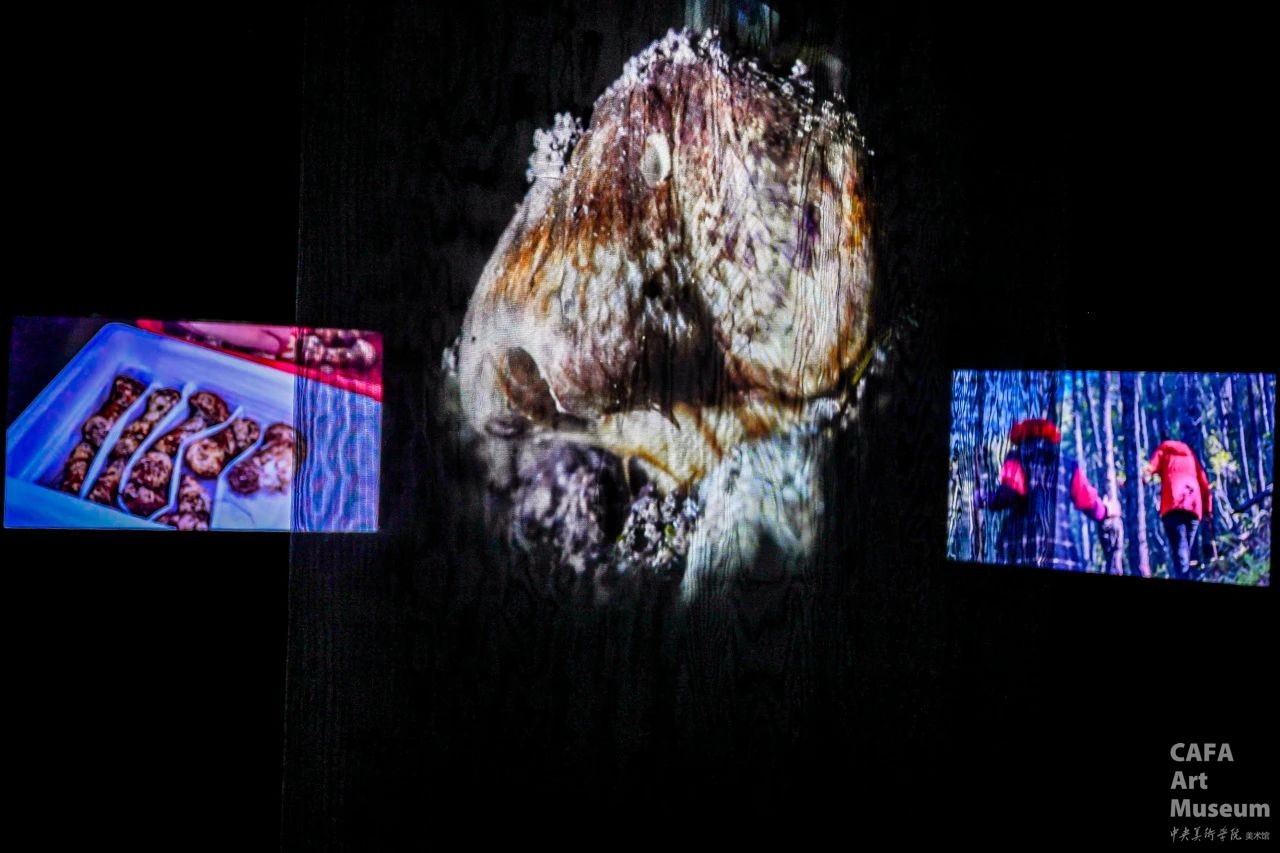
Long Pan, Express Delivery in Deep Time, 2024
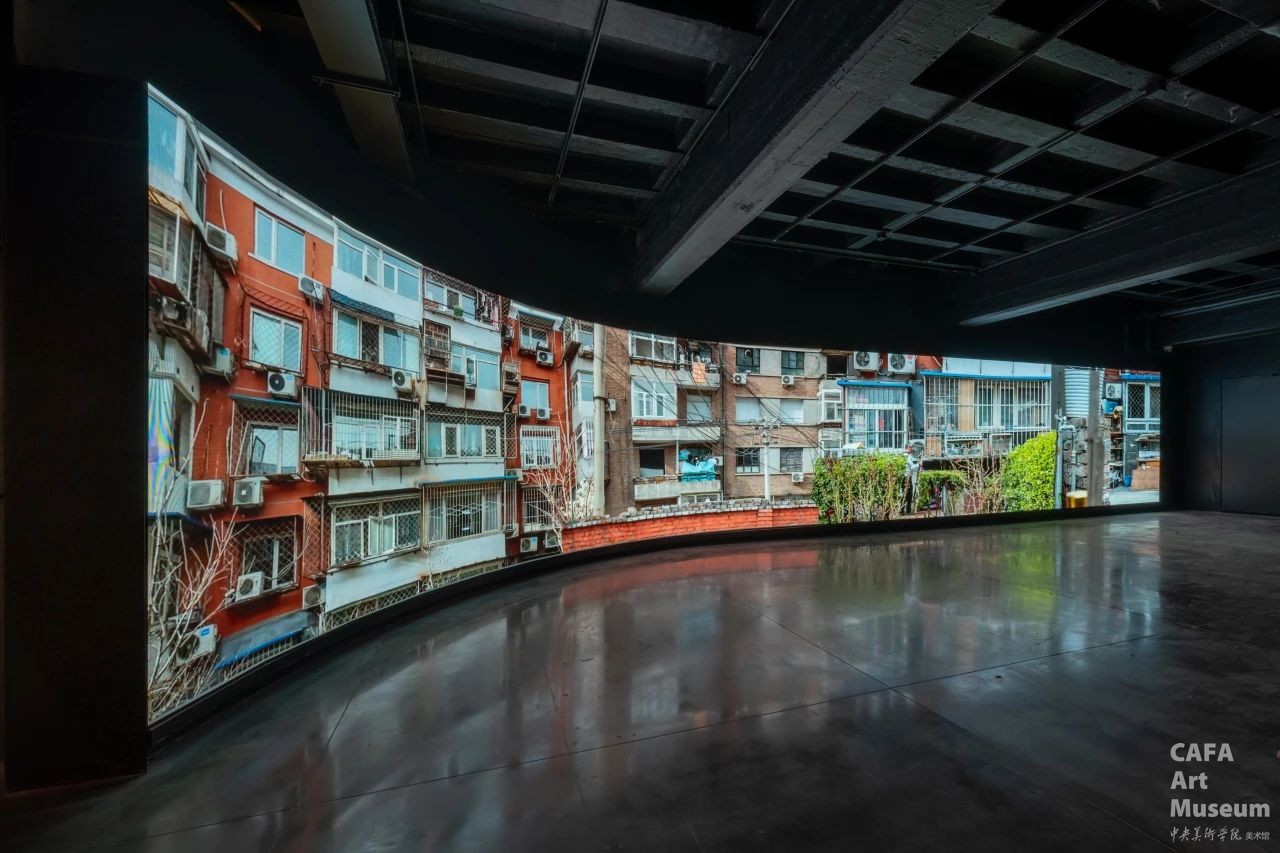
Qiu Yu, The Connecting Place, 2022
A familiar sound wave can evoke people's specific experiences and memories through the auditory sense. Shi Ziyuan's work Summer Night simulates the chirping of insects by rubbing silk threads. Various materials make sounds in sequence, ultimately combining to form a story that takes place on a "summer night" in the hometown, transporting us to different time dimensions, where we can converse with the past across time. Xu Ziyi's work All My Memories: The Genealogy of Tools regards tools as the externalization of human consciousness. Through tools, humans are able to engrave their self - consciousness into the evolutionary process of primates in nature. Tools are like an extension of life. The material of Journey into Nothingness was scanned during Wang Xintong's journey to northwest China. The work is stitched together from a radar - scanned model of the space of an old - fashioned train during the journey. In the 夹缝 between reality and virtuality, memories like dreams are aroused, traversing and hovering amidst landscapes in various decomposed states.
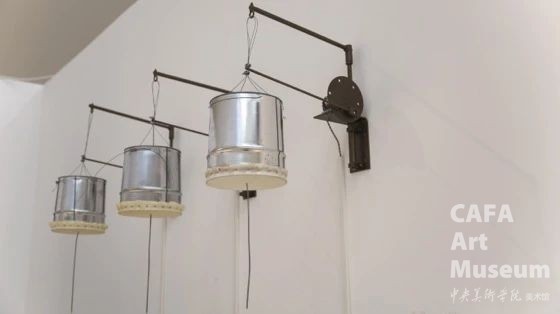
Shi Ziyuan, Summer Night, 2019
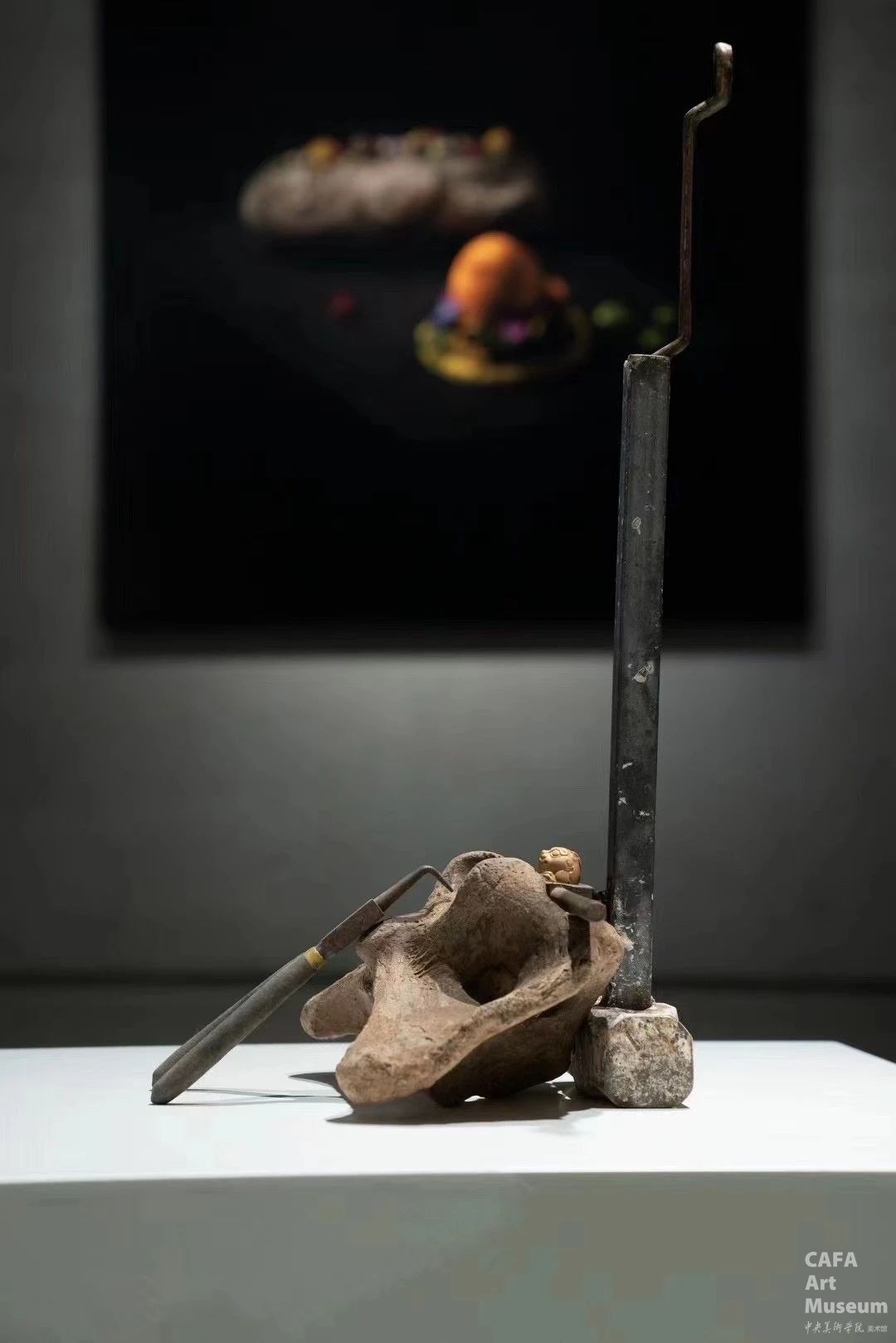
Xu Ziyi, All My Memories: The Genealogy of Tools - 1, 2023
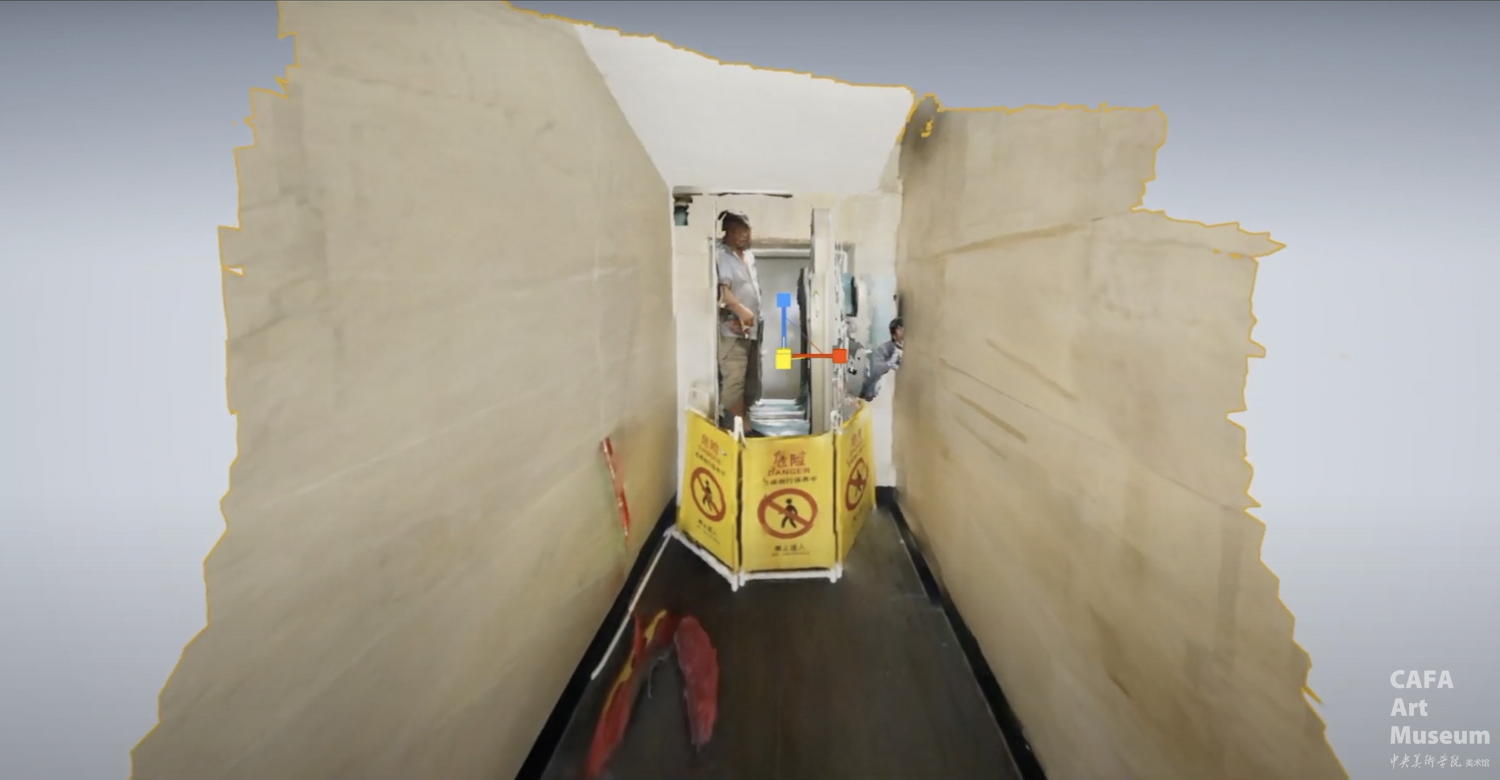
Wang Xintong, Journey into Nothingness, 2021
The documentary part of the exhibition includes Tang Keyang's "Nameless Hometown" column and the Center for Genomic Gastronomy's "Food Hacking: The Gut Bacteria Garden". The documentary part and the artworks in the exhibition mirror each other, connecting everyone's essential food, food culture, emotions, and memories, constructing an ecological narrative that intertwines science and imagination, matter and soul.
After the opening ceremony, #fff Food Design Studio will present a food - themed live event inspired by the exhibition at the museum café. We invite visitors to participate in this live food - related activity. Here, food is no longer merely an object to be chewed and consumed. Every act of decomposing food stirs our emotional memories associated with taste, and is linked to the deep - seated and tender homesickness. This offers a different perspective for understanding and experiencing the theme of the exhibition.
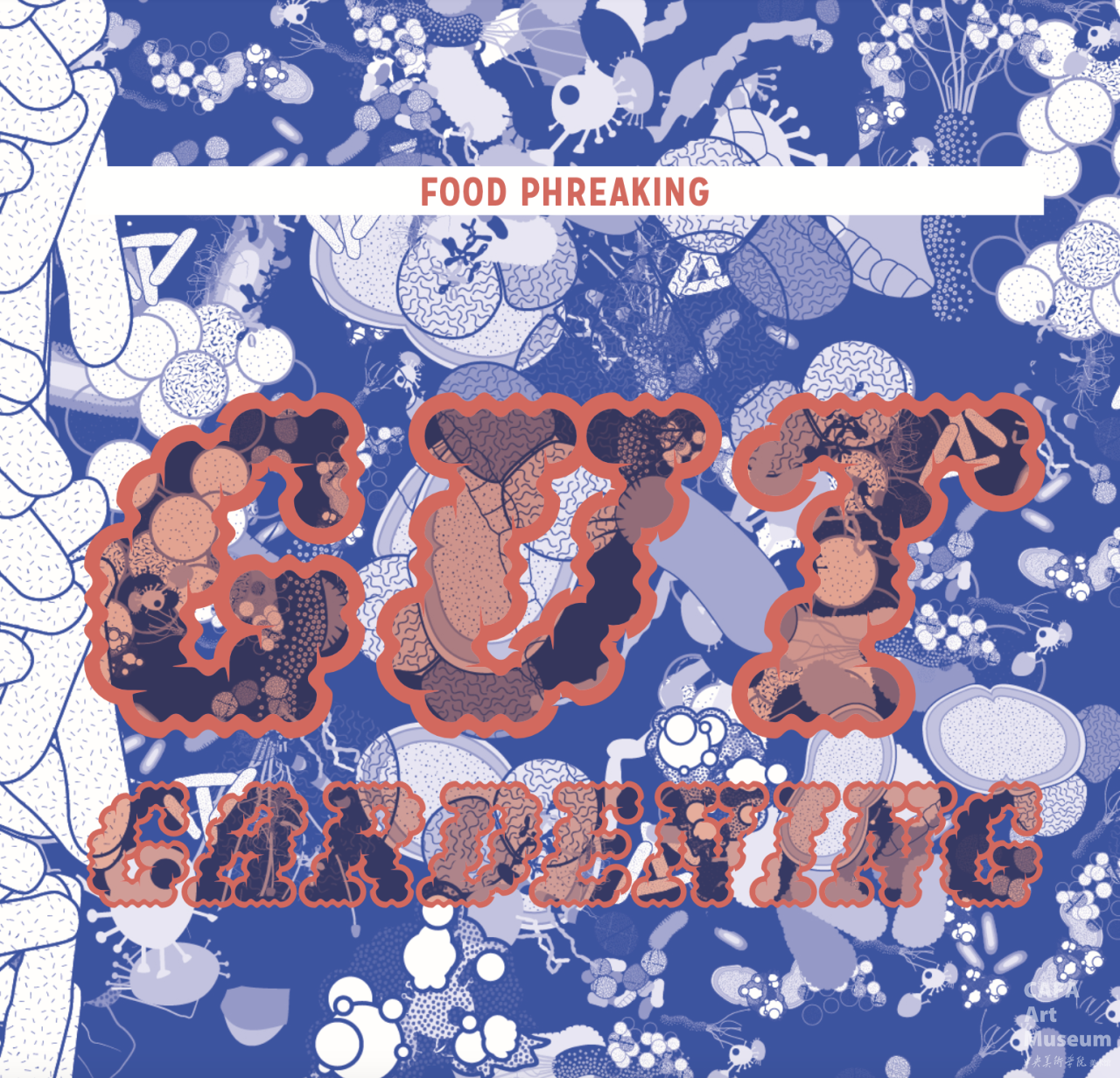
The Center for Genomic Gastronomy, Food Hacking: The Gut Bacteria Garden, 2016
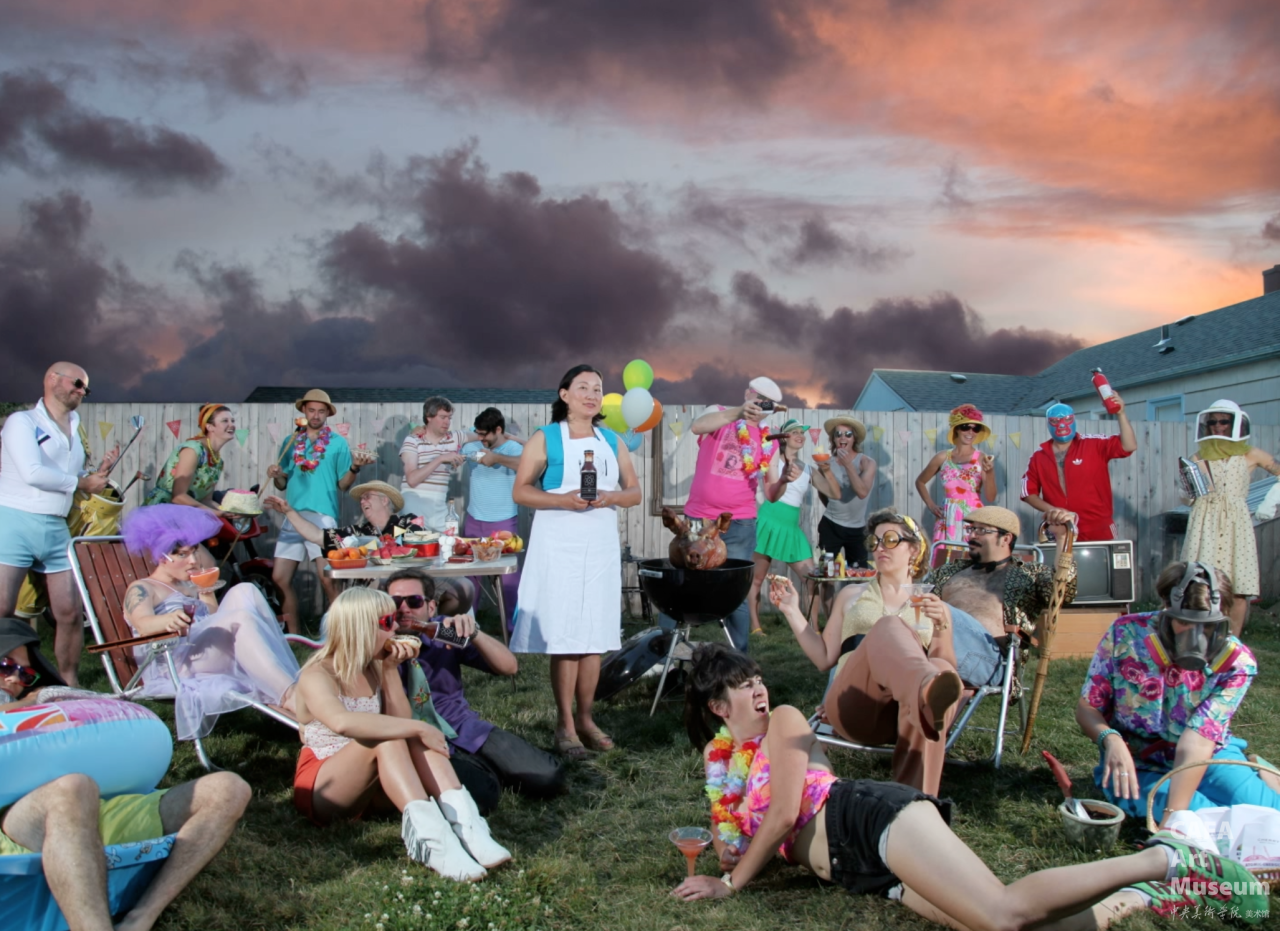
The Center for Genomic Gastronomy (CGG)
This exhibition will last until March 9, 2025.
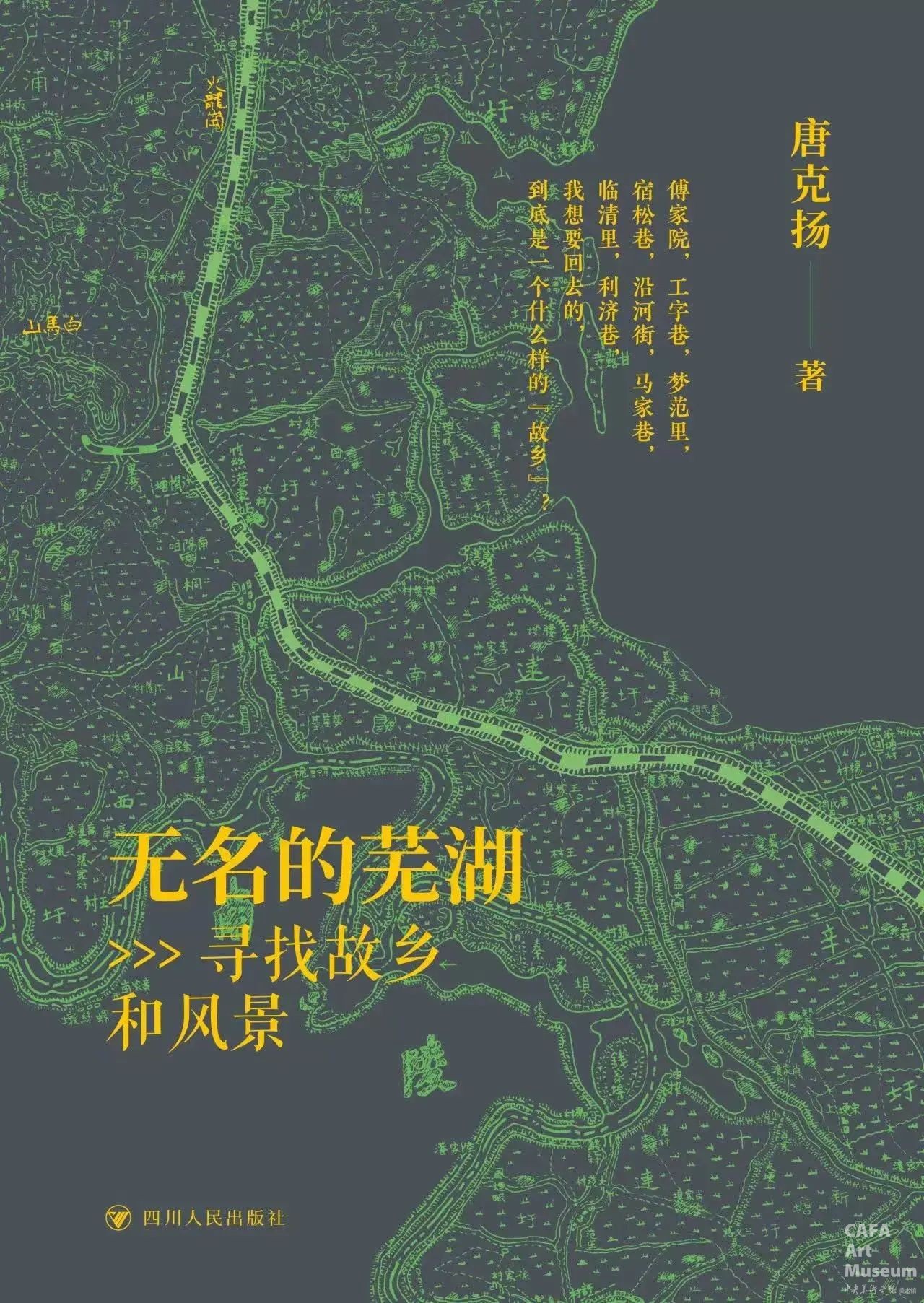
Tang Keyang, Nameless Hometown, 2024
Academic Advisor
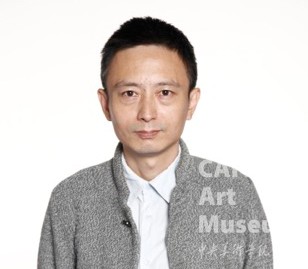
Fei Jun is a professor and doctoral supervisor in the Art and Technology direction at the School of Design, Central Academy of Fine Arts, as well as the founder and creative director of the collective ART+TECH. In 1992, he graduated from the Printmaking major of the Central Academy of Fine Arts and obtained a bachelor's degree. In 2005, he graduated from the Electronic Integrated Art major of the School of Art and Design, Alfred University in the United States and obtained a master's degree. He has served as the director of the Digital Media Studio at the School of Design, Central Academy of Fine Arts, and co - curator of the Beijing Media Art Biennale.
Artists
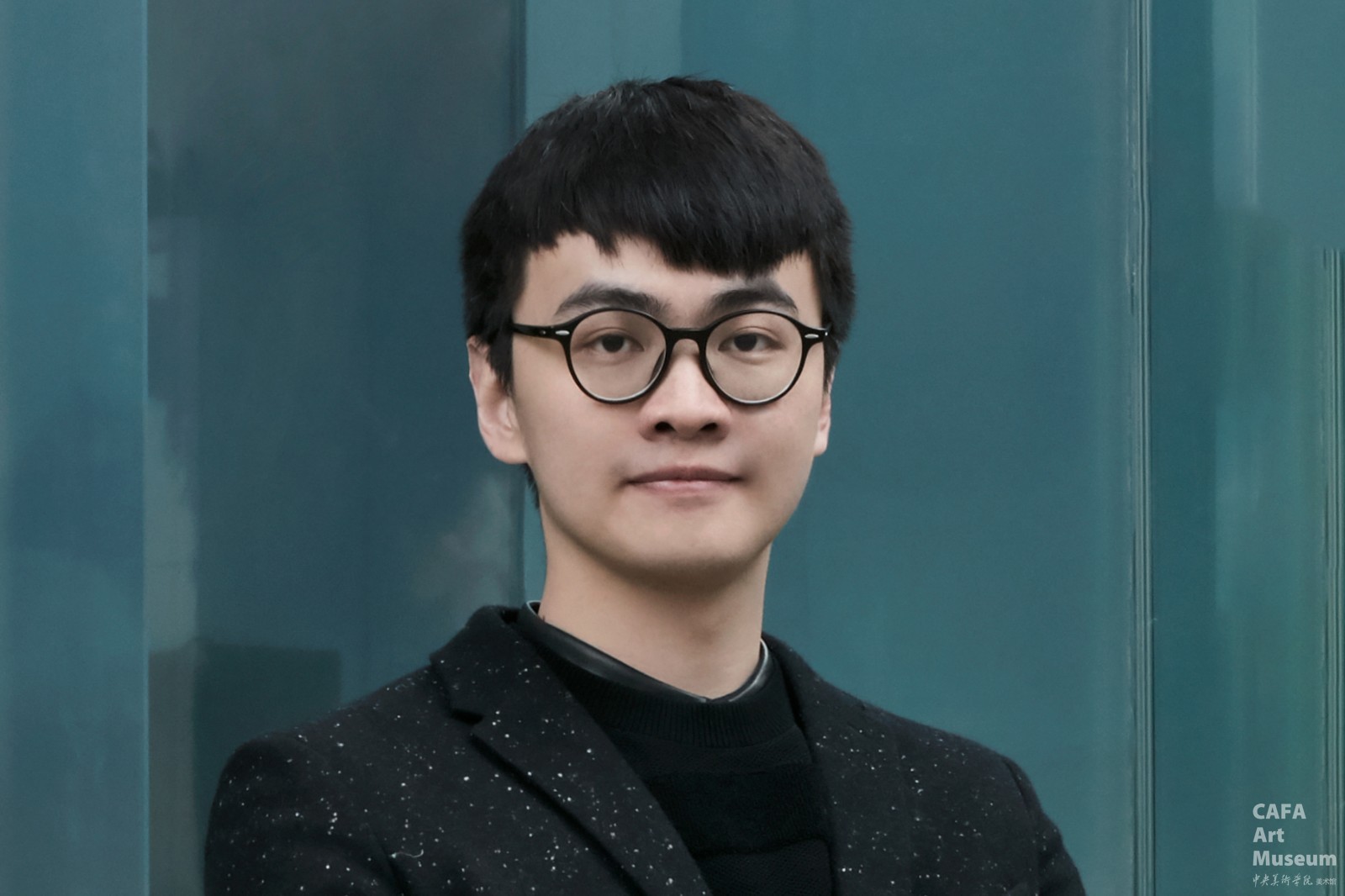
Chen Baoyang is a technology artist and curator. He has obtained double master's degrees from Columbia University and the School of Visual Arts in New York. Currently, he teaches at the School of Experimental Art and Technological Art of the Central Academy of Fine Arts. He closely integrates art and technology, exploring their integration and co-existence. In his creations, he deconstructs the power changes brought about by new technologies and explores the influence of technology as an ideology.
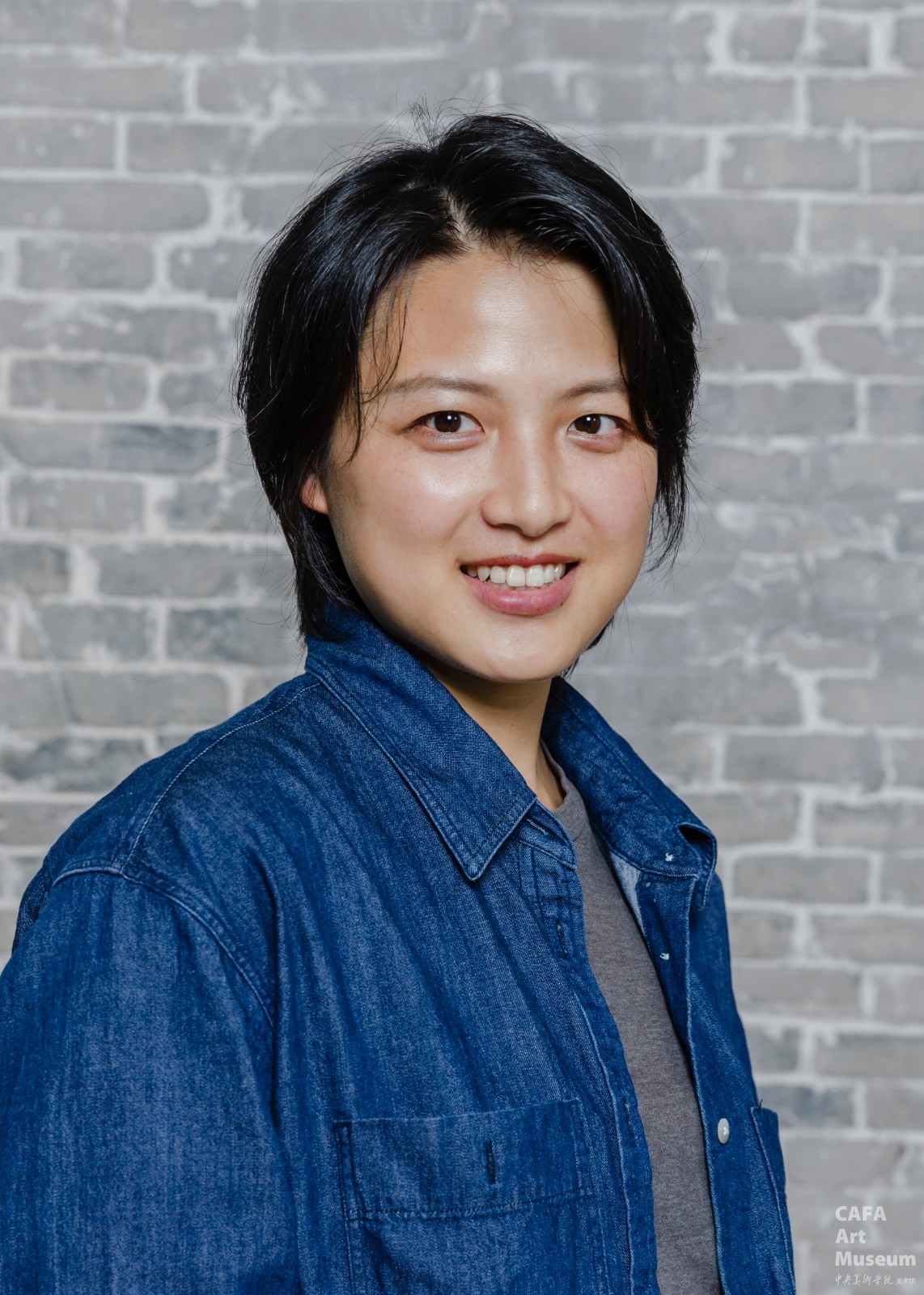
Long Pan's creations mainly involve collaborating with biological materials such as fungi. She is also interested in making the invisible alienation in the environment visible through biotechnologies like "phytomining" and "fungal degradation". Her research direction is to interpret, from the perspective of non - human organisms, the deeper and often overlooked relationship between human survival and the environment in contemporary industrial society, so as to explore and present the "secret correspondences" within the entire life network that humans inhabit.
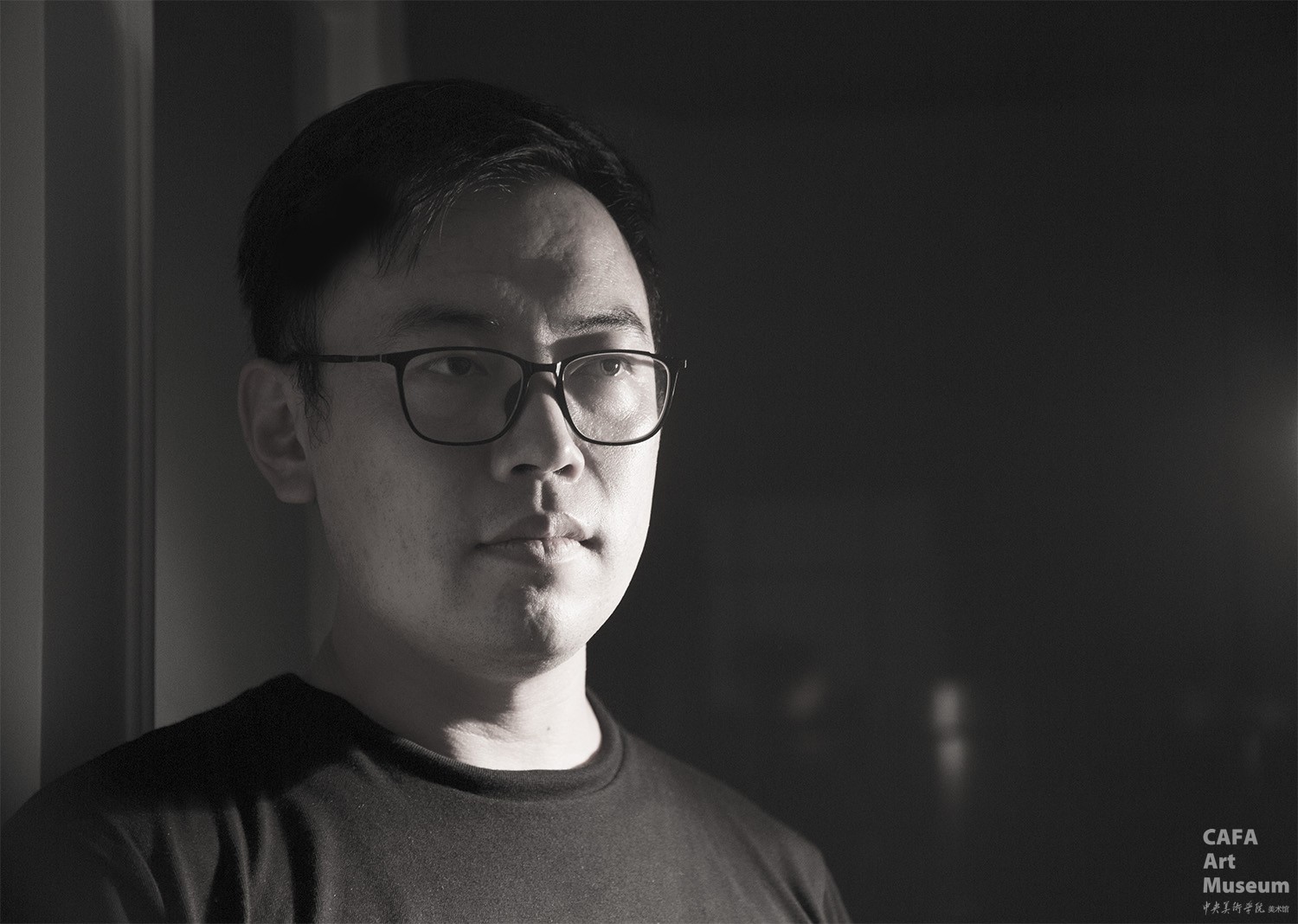
Qiu Yu graduated from the School of Design at the Central Academy of Fine Arts, holds a Ph.D. in the Art and Technology direction, and teaches at the Shanghai Academy of Fine Arts, Shanghai University. Engaged in the creation and research of art and technology, Qiu Yu uses a combination of mixed media such as sound, video, installation, and biology, along with technological means, to explore the internal logic and language relationships inherent in technology, as well as the perception of life influenced by mixed media.
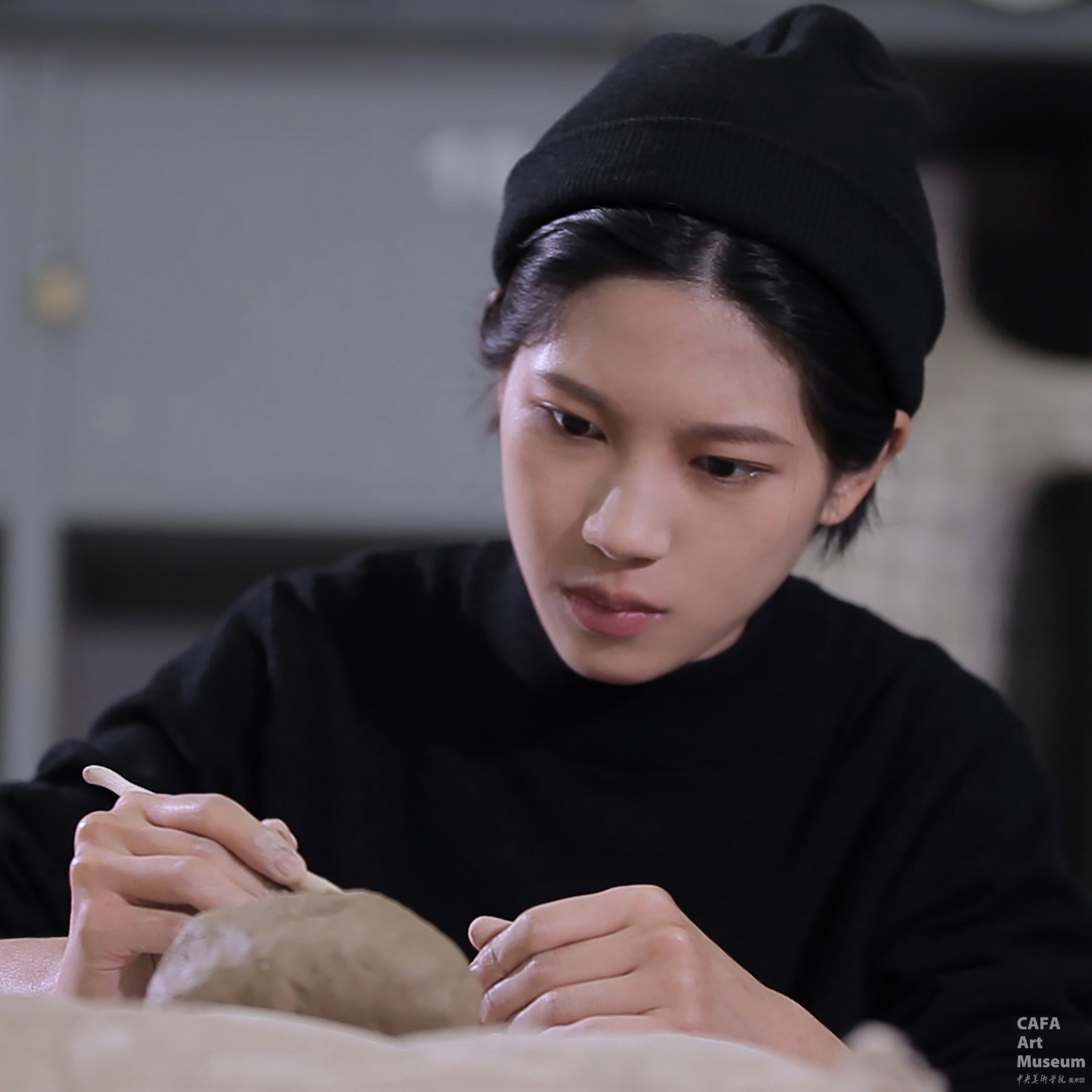
Shi Ziyuan graduated from the Sculpture Department of the Central Academy of Fine Arts with a bachelor's and master's degree, and is currently pursuing a doctoral degree at the Graduate School. In her creative works, she often uses different media such as sculpture, kinetic installations, and videos to explore visual, auditory, and somatic sensory experiences. By doing so, she breaks people's fixed impressions of surrounding things, and prompts viewers to think about the authenticity of their individual experiences and judgments.
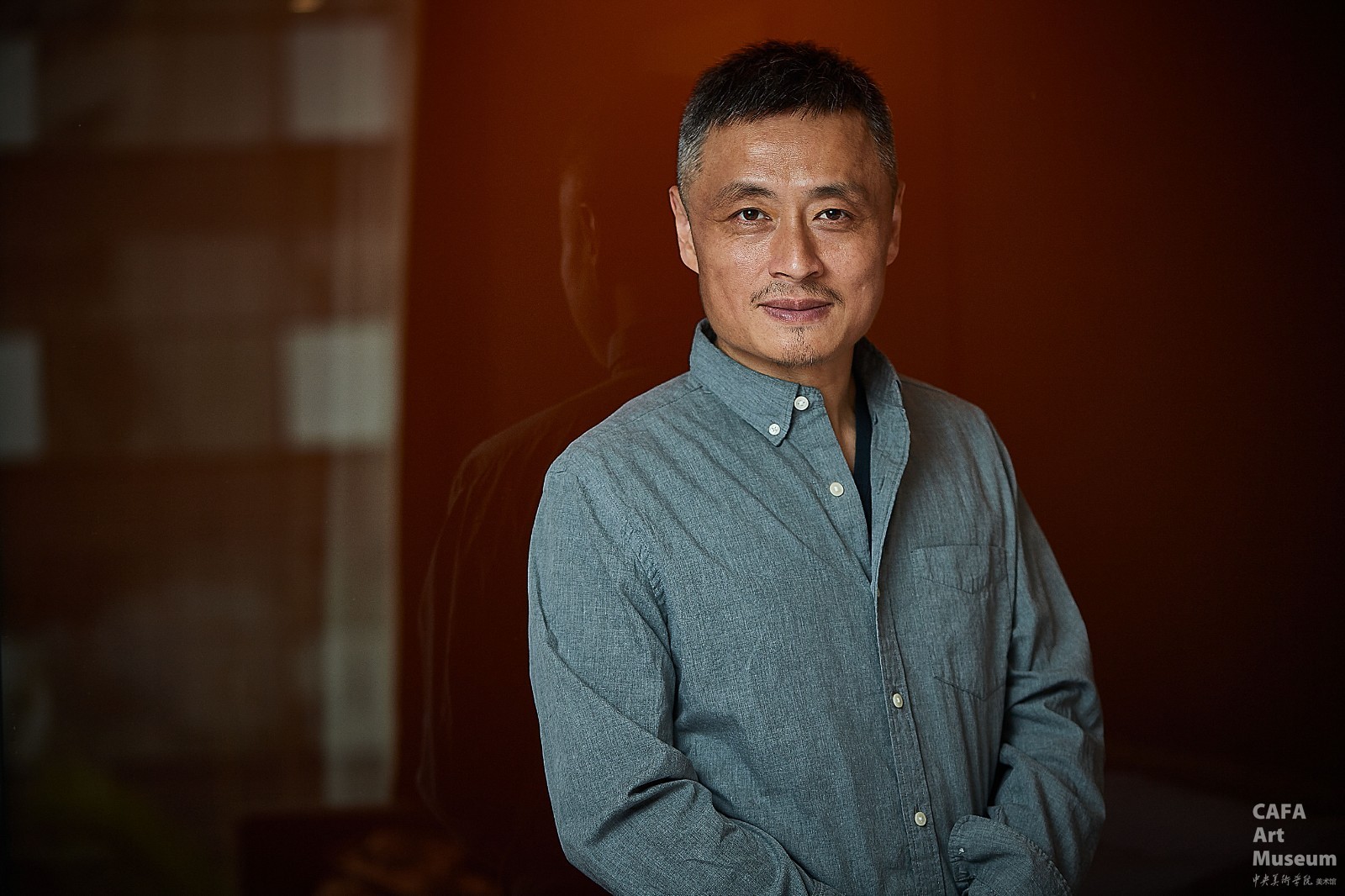
Dr. Tang Keyang is the chief researcher of the Future Laboratory at Tsinghua University, and the director of the Center for Perception and Consciousness Research. He is a doctoral supervisor at the School of Fine Arts and the School of Architecture, Tsinghua University, and was named an "Outstanding Talent in the New Century" by the Ministry of Education. As an expert in art gallery and museum architecture, from an interdisciplinary perspective, he focuses on "spatial intelligence", engages in innovative practices of typological architecture and cultural spaces, as well as interactive research on vision, psychology, and behavior.
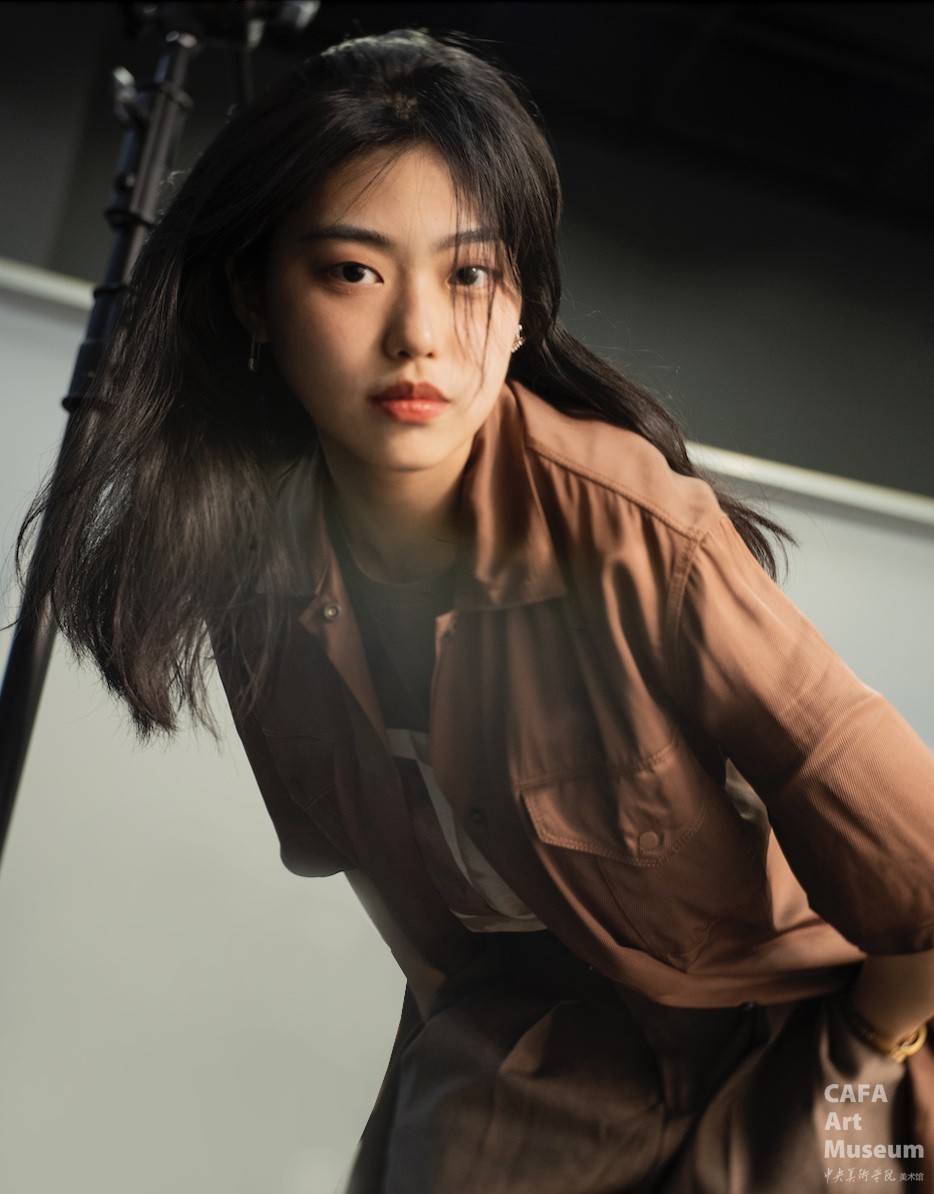
Wang Xintong is a new media artist who works and lives in Beijing. She graduated from the Central Academy of Fine Arts with a bachelor's degree in Digital Media Art at the undergraduate level. For her postgraduate studies, she graduated from Parsons School of Design, obtaining a master's degree in Design and Technology. Her creative forms mainly include immersive narrative videos, projection installations, and virtual reality. As a player who experiences life as a sand table game, her works often start from personal interests and observations of society, and she uses technical means to visualize the observed findings and absurd imaginations.
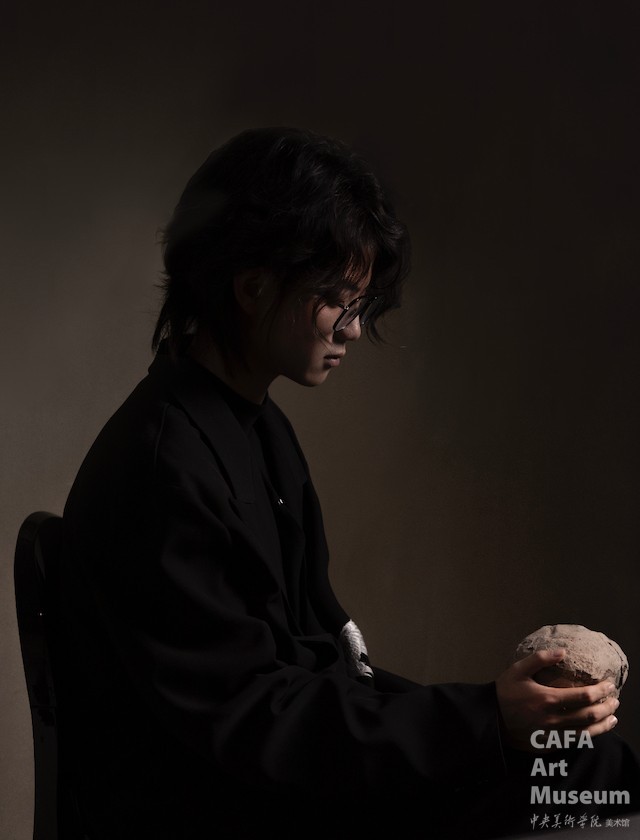
Xu Ziyi was born in Hangzhou in 2004. He is currently studying at Central Saint Martins, University of the Arts London. Through the tension between regeneration and forgetting, he explores how to revive past existences invisibly. Xu Ziyi was shortlisted for the "Ignite" Young Artists Award jointly organized by UCCA Center for Contemporary Art and Shanghai Xintiandi in 2023.
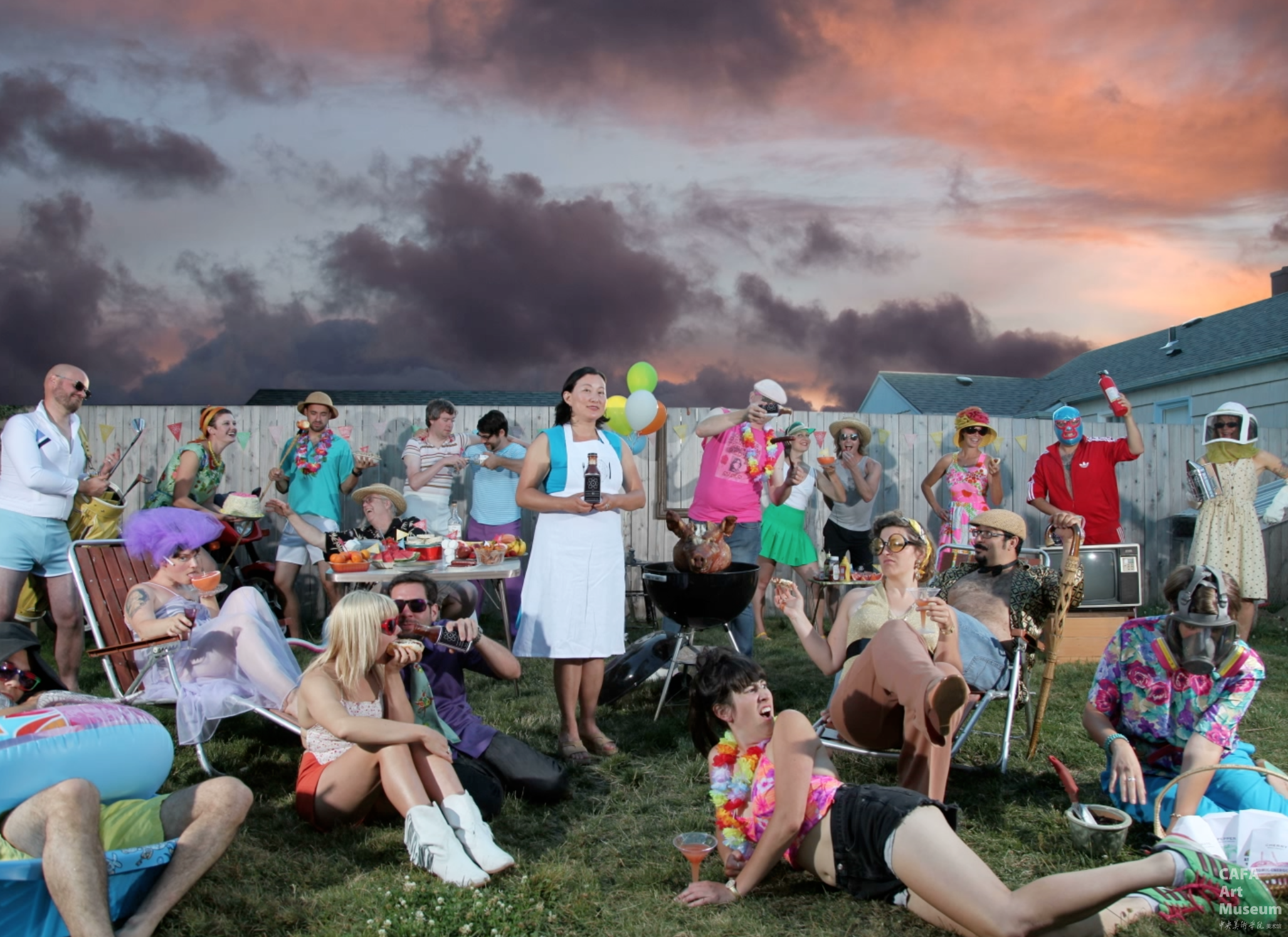
CGG is an artist - led think tank initiated in 2010 by Kathrine Kramer (Norway) and Zach Denfeld (USA), which studies biotechnology and biodiversity in the human food system. They collaborate with scientists, chefs, hackers, and farmers to conduct research and exhibitions in Asia, Europe, and North America.
Curator
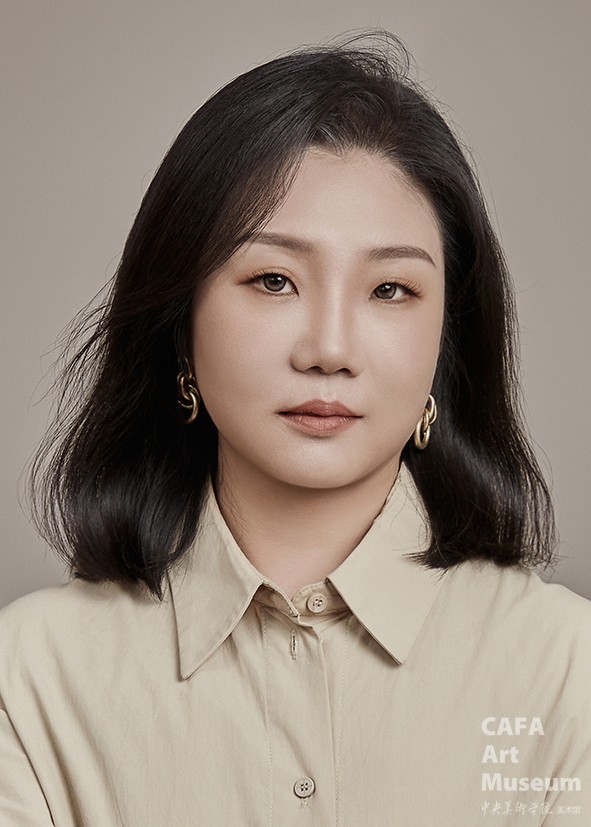
Wang Jing, a curator and the deputy director of the Planning and Research Department of the Art Museum of the Central Academy of Fine Arts, is engaged in contemporary art curation and critical writing. Recently, she has focused on exhibition practices exploring the relationship between art and the local context. She has served as the chief editor of art periodicals such as Art Museum, Scope Art Magazine, and Oriental Art·Elite. The exhibition projects she curated have been selected for the 2022 National Art Fund Communication, Exchange and Promotion Program, the 2021 National Art Museum Young Curator Support Plan of the Ministry of Culture and Tourism, etc.
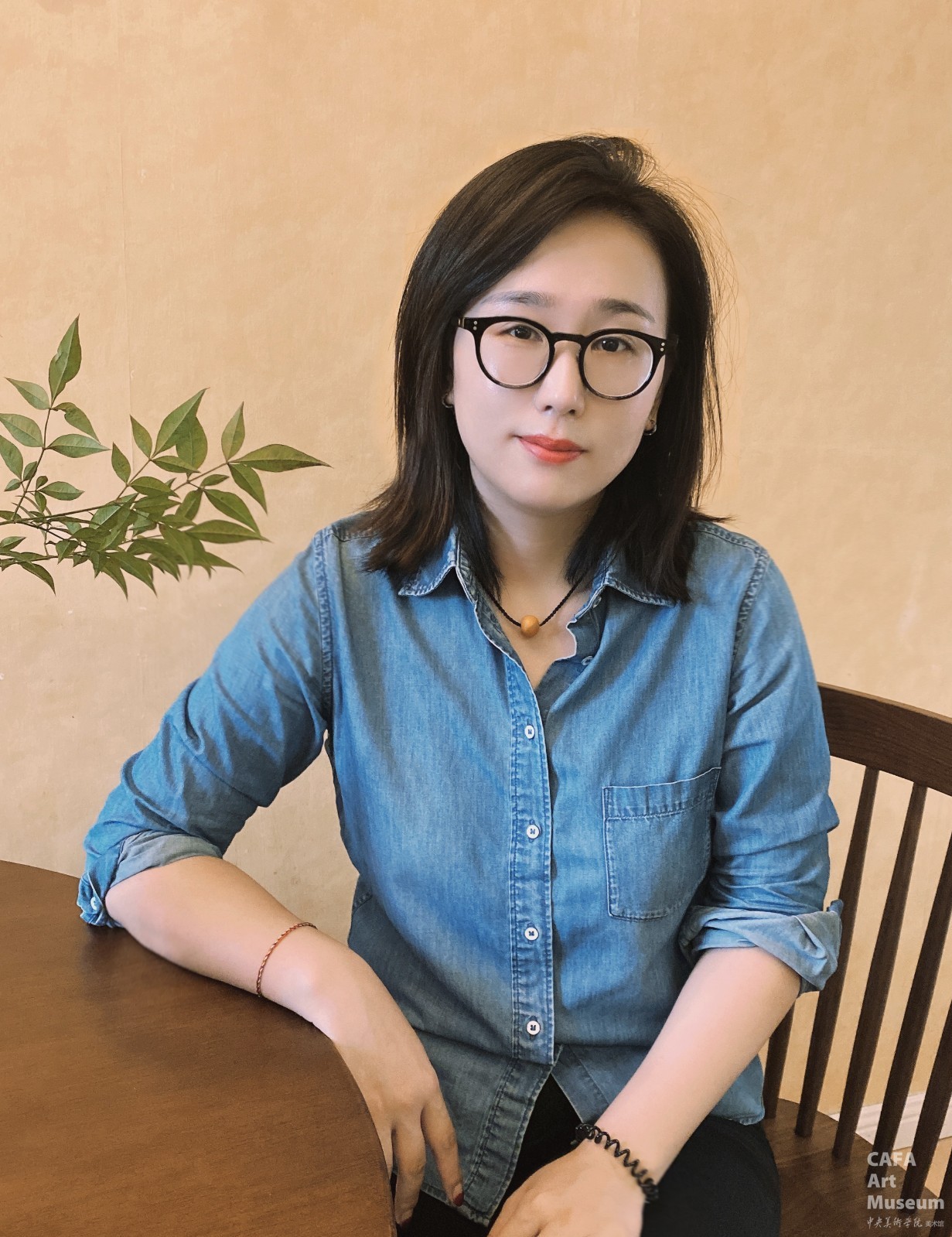
Xing Dan, a curator and the person in charge of the "Vibrating Ecology" column on art and technology in The Paper Magazine, is engaged in research and curation in the art + technology field. She is committed to the research of mixed - media narratives and topics related to biology and ecology. She attempts to explore the diversity of technologies and the possibility of art and technology creating a cross - border living environment for future humans and the co - prosperity of all things through an everyday narrative approach. She won the Curator Award of Hyundai Blue Prize Art+Tech in 2022.
Chief Editor / He Yisha
Editor / Du Yinzhu
